Since the start of the Zika virus outbreak in 2015, pregnant women have been advised to avoid travelling to Zika-endemic areas in South America and to take precautions against being bitten by the Aedes aegypti mosquito in order to lower their risk of giving birth to a baby with Zika-associated birth defects such as microcephaly. Now, researchers at Nemours Children’s Hospital in Orlando have reported that the virus could be used to develop a new treatment for pediatric neuroblastoma, a rare form of cancer that has a low survival rate.
According to the researchers – who published their findings in the journal PLOS ONE – because Zika virus targets nerve cells, it has the potential to become a targeted treatment for cancers affecting these same cells.
“The same thing that makes Zika so detrimental to unborn babies gives it promise as a cancer treatment. Its attack on developing nerve cells, the same type of cells neuroblastoma develops from, allows the virus to target these cancer cells and leave normal cells alone,” said Dr. Kenneth Alexander, Chief of the Division of Infectious Diseases at Nemours Children’s Hospital in Orlando.
In their study, Alexander and his colleagues exposed neuroblastoma cancer cells to strains of Zika virus and studied the levels of infection. They found that cells expressing the cell surface glycoprotein CD24 were most susceptible to infection, suggesting that this could be a potential target for future treatment. Cells infected with Zika showed cytopathic effects that eventually led to apoptosis in a number of days.
While neuroblastomas only make up about six percent of all pediatric cancers, they are responsible for 15 percent of childhood cancer deaths. Aggressive chemotherapy and radiation are the current standard of care treatments, however many patients fail to show a robust response, highlighting the need for more effective treatment options.
“Neuroblastoma is a challenging childhood cancer that is in need of innovative therapies. By targeting the developing nerve cell from which neuroblastoma arises, Zika virus may serve as a potential adjunctive treatment. The mature nerve cells are unaffected by the Zika virus infection in cell culture,” said Dr. Tamarah Westmoreland, Pediatric General and Thoracic Surgeon at Nemours Children’s Hospital in Orlando.
Since the current research was conducted in cell culture, the findings of the study are now being confirmed in animal models. While it may take years before Zika virus is tested as a treatment for neuroblastoma in pediatric patients, the researchers believe it has the potential to be a targeted treatment for the disease.


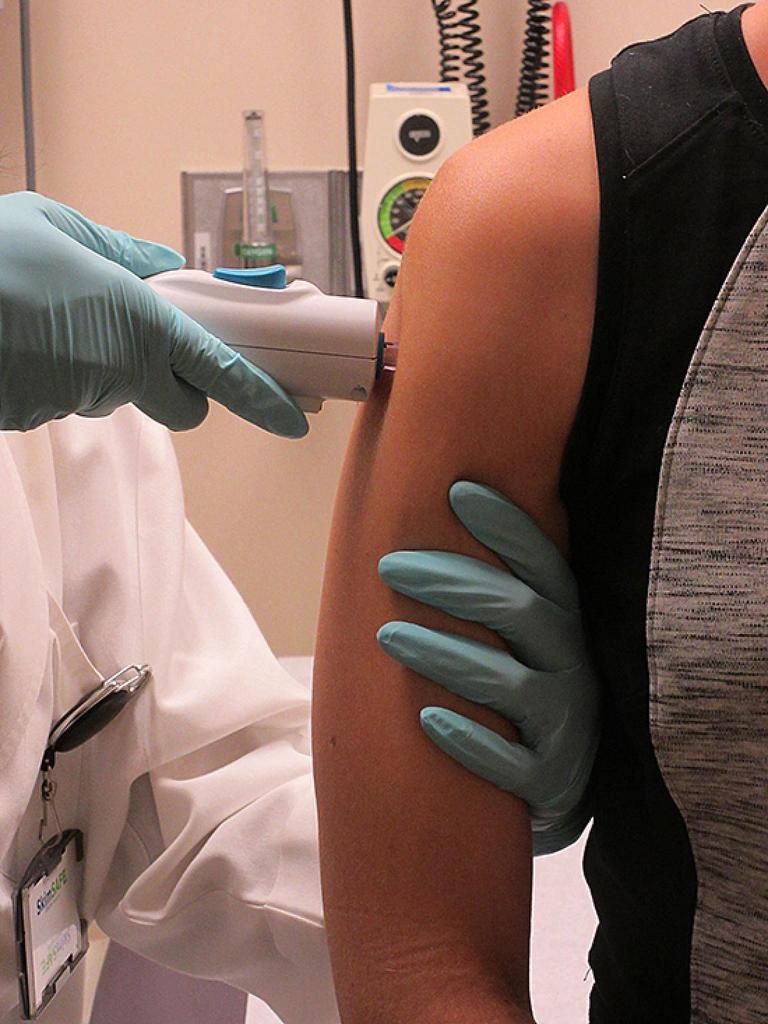
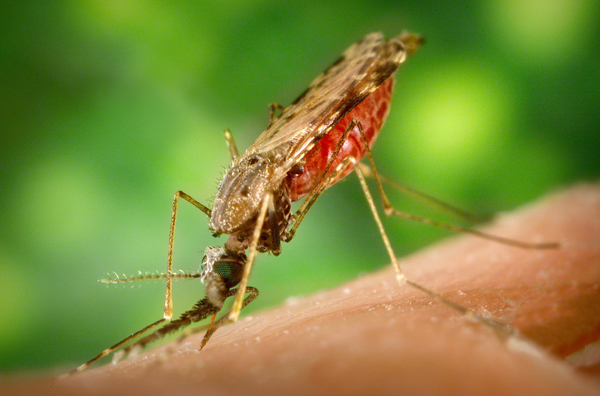
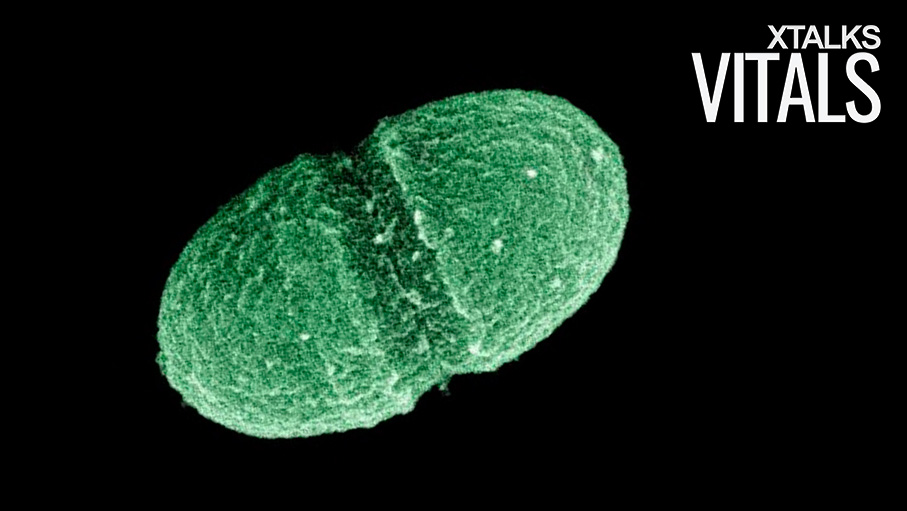
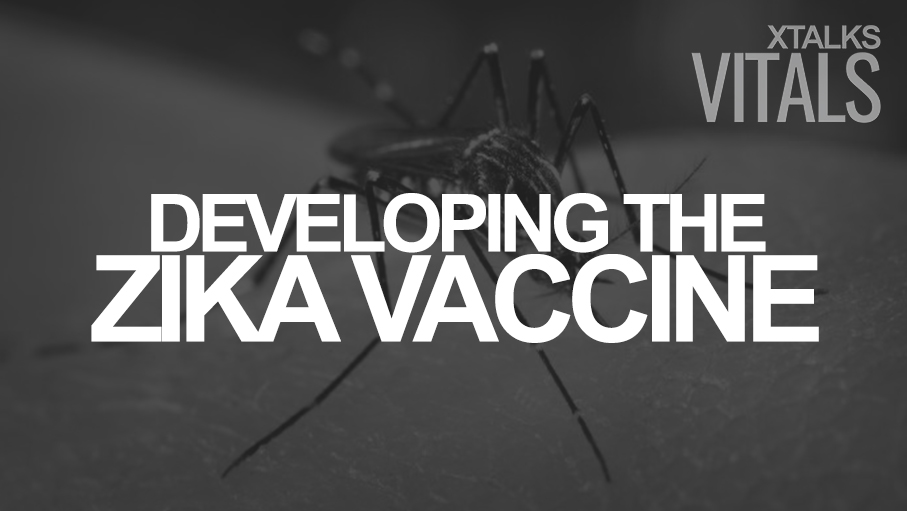
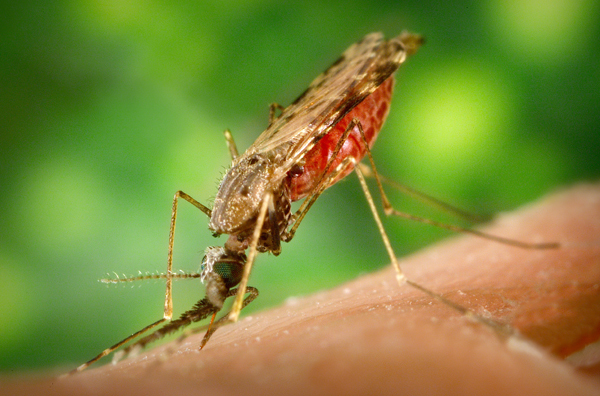





Join or login to leave a comment
JOIN LOGIN